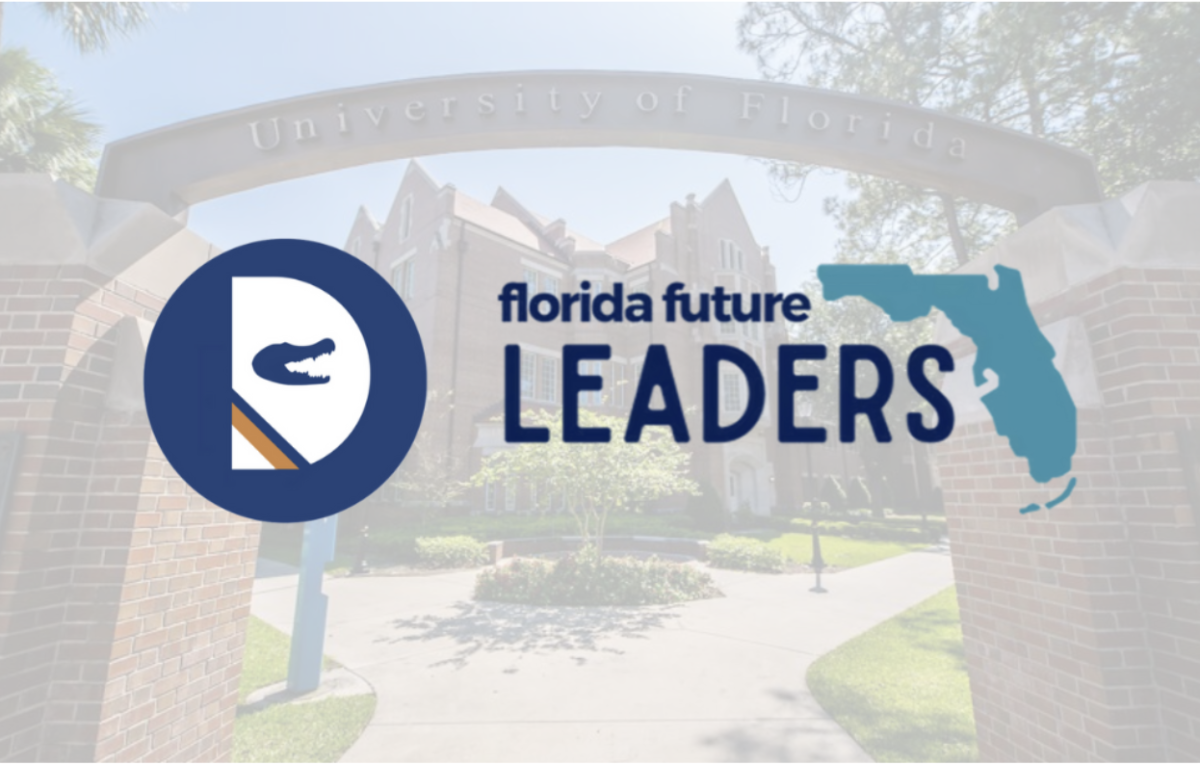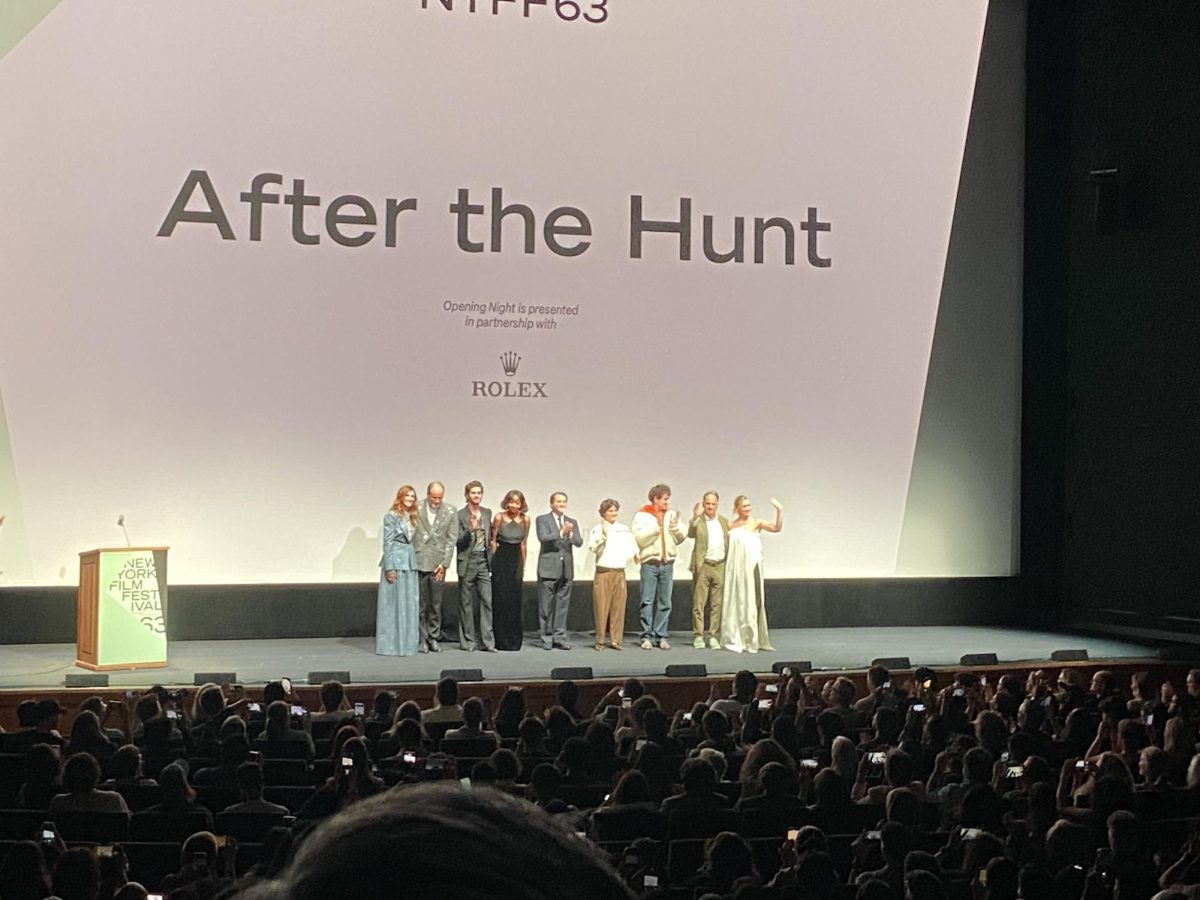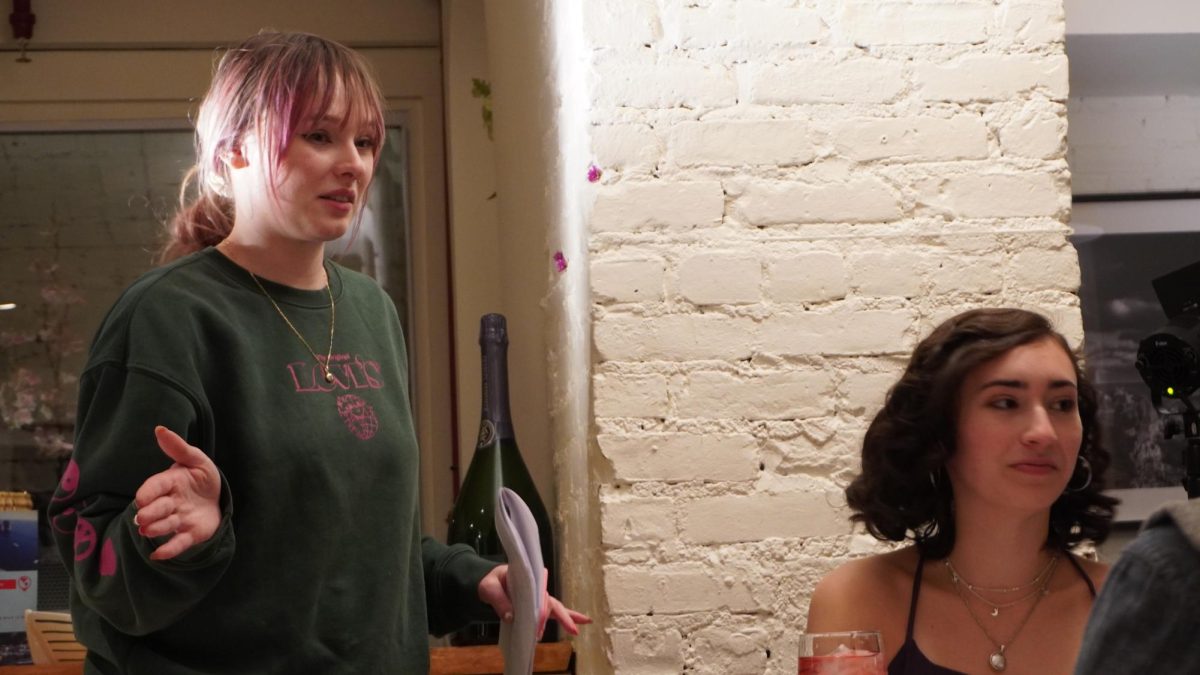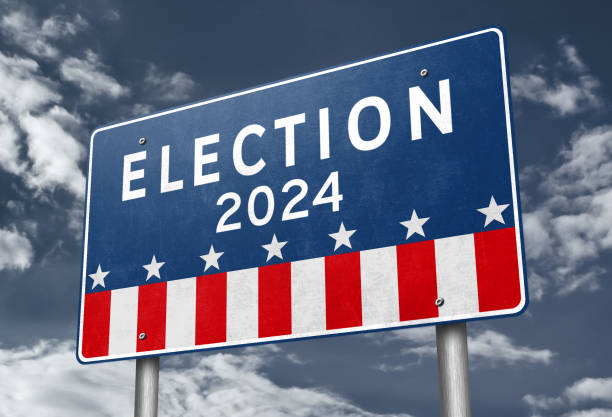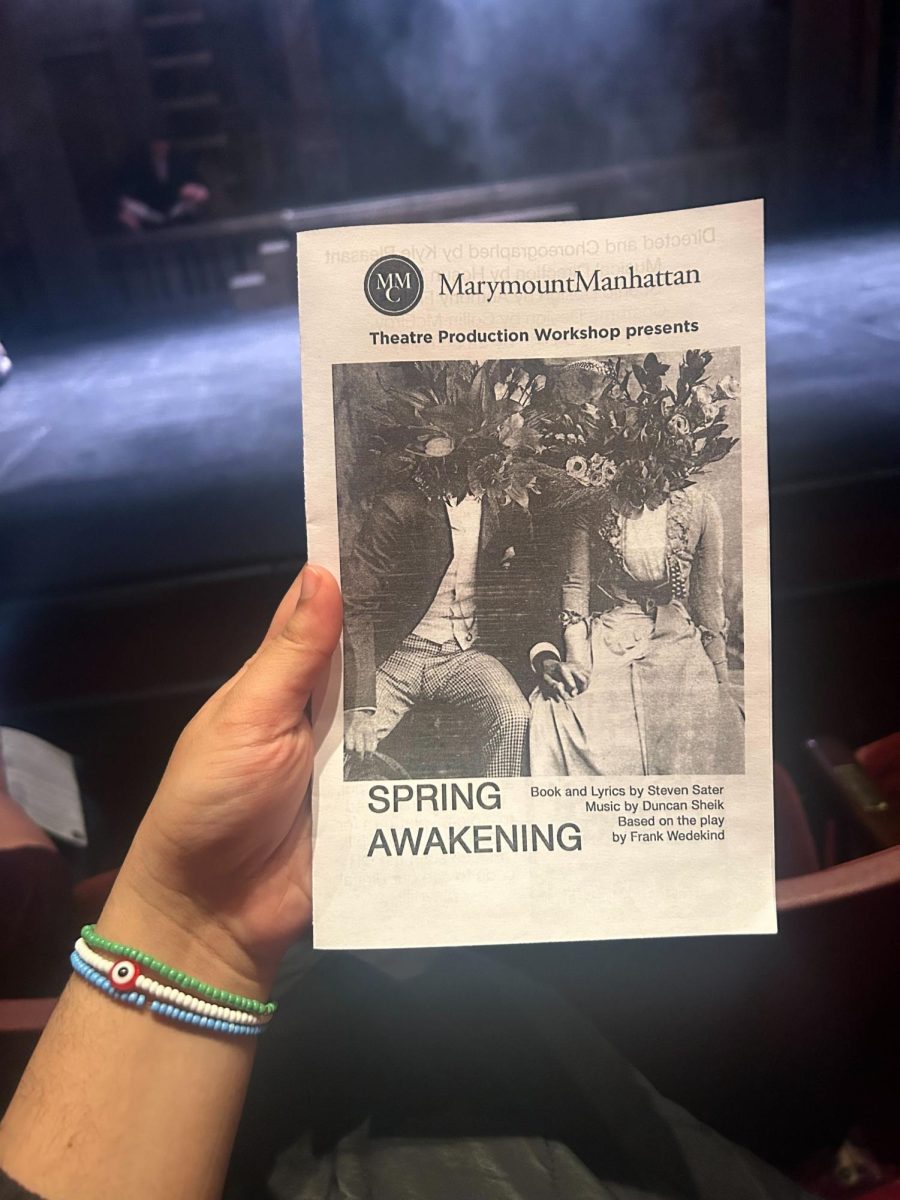When looking at Florida’s political engagement throughout history, the state has always had lower, young voter turnout. According to The Civics Center, as of 2022, only about 25% of 18-year-olds in Miami-Dade County were registered to vote. Even in my hometown, Broward County, the numbers are slightly better but still low, with only 30% of 18-year-olds registered to vote.
Furthermore, in turnout data gathered by Tufts University, Florida state-wide only had a young voter turnout rate of 22.4% in 2022—lower compared to the young voter turnout rate of 31.5% in 2018.
Looking back at election day, Donald Trump secured victory in Florida with 56.1% of the vote, while Kamala Harris garnered 43%. Although the Republican Party has made a major cultural impact in the state, there is still potential for it to become a toss-up in future election cycles.
While Florida may not be a swing state, there is a significant opportunity on the horizon to engage its younger voters and deliver a fresh perspective of Florida’s democratic representation to the rest of the nation.
And, like with most youth-led initiatives, it ultimately all comes down to the students.
Launched in February of this year, Florida Future Leaders (FFL) is a political action committee (PAC) designed to provide resources to young Democrats across Florida. FFL sponsors organizing programs at state colleges and universities, helping leaders in FFL partner organizations to connect with their peers. According to their official website, FFL describes themselves as “a support system for youth organizations statewide.”
Here is a list of the partner organizations they work with to help with financial support:
“Every single day, we’re conducting real organizing,” said Jayden Antonio, Chair of Florida Future Leaders. In a YouTube video posted by FFL, Antonio emphasizes the importance of grassroots efforts and effective engagement with young people. On the ground, FFL has engaged with the youth through voter registration drives, mall-in ballots, and other initiatives designed to reach their audience directly.
Connor Effrain is a third-year history major at the University of Florida. Effrain has been involved with UF College Democrats since his first day on campus and has worked his way up to President and Political Action Committee Chair of the organization. He also serves as the campus lead organizer for the FFL at the University of Florida. In this role, he oversees the paid FFL staffers serving on campus.
UF College Democrats is 1 of the 24 registered Florida College Democrat (FCD) chapters at colleges/universities across Florida state. At this time, FCD is planning on starting 16 more chapters at other institutions, including Flagler College, Palm Beach Atlantic University, Southeastern University, and others.
“FFL is the PAC that funds the Florida College Democrats, Florida Young Democrats, and Florida High School Democrats,” said Effrain. “It was conceived originally as the financial arm of almost all the youth Democratic causes within the Florida Democratic Party. So if you’re going to rise within the youth causes here, you kind of have to work with FFL in some capacity.”
Although FFL only started this year, they have already made huge strides as a PAC, amassing $100,000 in its first month of fundraising. Effrain mentioned they raised an exorbitant amount of money this past summer, with hopes of using the funds to flip state house races in areas with large college and university student presence.
“We were going to tap into this cosmopolitan infrastructure to make use of the money FFL had given us: register voters, give out Plan B, and pizza. The goal was to get students talking to us. Over the summer, FFL was mainly targeting us (UF), the University of Central Florida, and Florida Atlantic University due to funding they had at the time.”
Towards the end of August, Effarian and his team at UF College Democrats got word that the FFL had donated an additional $90,000 to schools across the state, including Florida State University (FSU), located in Tallahassee–Florida’s capital and home to the office of Governor Ron DeSantis.
“Our chapter on its own only had $3,000 in funds before FFL,” said Effarin. “At other Florida universities/colleges, I know financial situations where pretty bleak. So FFL helped resolve funding issues for many other chapters.”
The University of Florida’s administration is predominantly Republican according to Effarin. Kent Fuchs is currently serving as the interim president following the resignation of former Republican Senator Ben Sasse this past July. Sassee had made national headlines, notably for voting to impeach Trump in 2021 and then coming to serve as president of the university.
The pressure of tackling an administration with clear bias–especially in light of this year’s election results–can make it hard to be part of a democratic organization where it feels like your voice may not be heard on campus. However, this only motivates Effarin and his team to continue working on the ground, and talking to students. Additionally, Florida had suffered defeat in the fight to legalize recreational marijuana, and protect abortion rights. However, Effarin believes it doesn’t mean it’s over.
“We’re going to keep tabling 6 hours a day, every day,” said Effarin. “Trump won the election, that’s an objective fact that we have to contend with. And, what we’re doing now is examining why that happened, and how we can change our strategy to appeal to more voters. I feel that we need to be as organized during the off-year election as we were during the main presidential election. That shows people you’re really committed, and you care more about just winning the votes. Organizing is so important for us because we’re gonna have to collect the thousands of petitions necessary to get those back on the ballot in 2026.”

